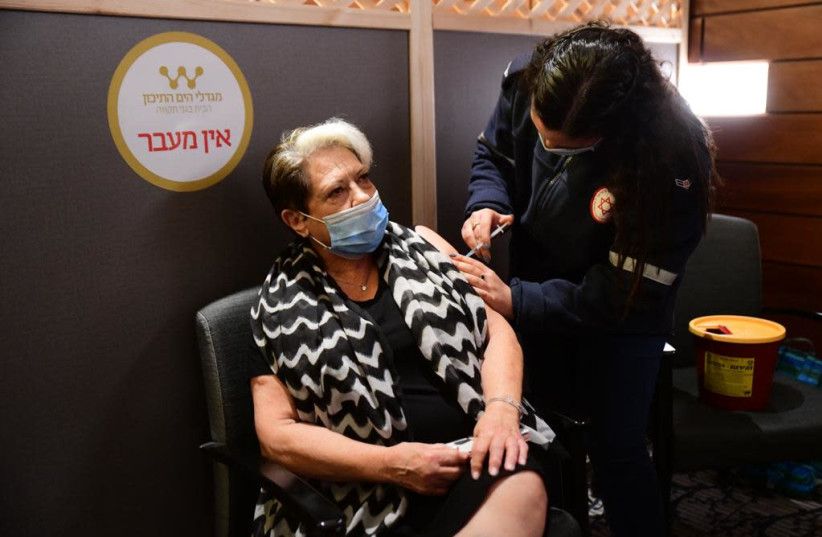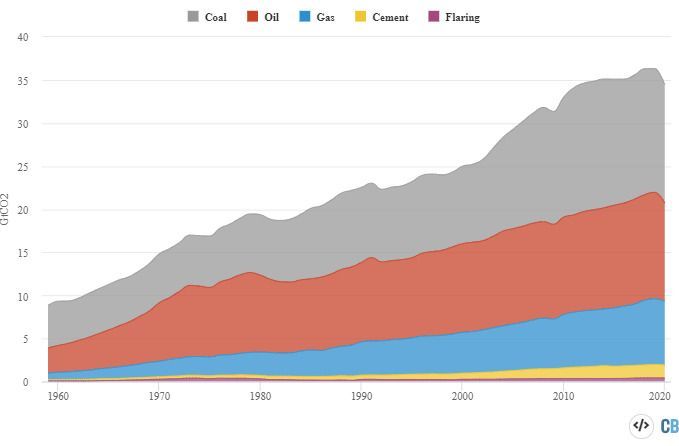Researchers have been studying chloride’s corrosive effects on various materials for decades. Now thanks to high-performance computers at the San Diego Supercomputer Center (SDSC) at UC San Diego and the Texas Advanced Computing Center (TACC), detailed models have been simulated to provide new insight on how chloride leads to corrosion on structrual metals, resulting in economic and environmental impacts.
Conducted by a team from Oregon State University’s (OSU) College of Engineering, a study discussing this newfound information was published in Materials Degradation, a Nature partner journal.
“Steels are the most widely used structural metals in the world and their corrosion has severe economic, environmental, and social implications,” said study co-author Burkan Isgor, an OSU civil and construction engineering professor. “Understanding the process of how protective passive films break down helps us custom design effective alloys and corrosion inhibitors that can increase the service life of structures that are exposed to chloride attacks.”






